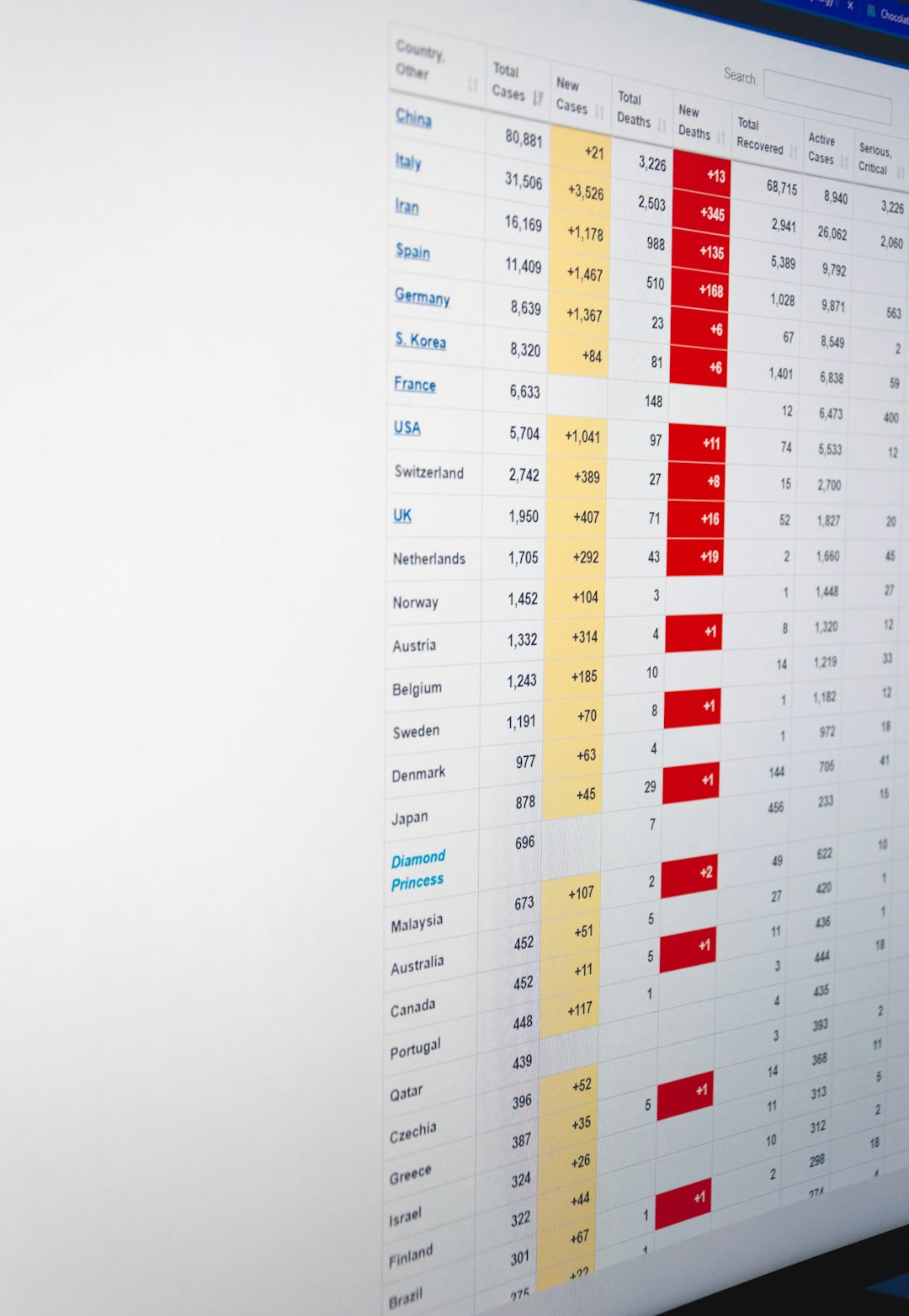WooCommerce, the popular eCommerce plugin for WordPress, has long been praised for its flexibility and powerful feature set. However, even robust platforms can occasionally experience issues that undermine user trust and security. One such incident involved session data that inadvertently persisted after a user logged out, raising substantial privacy concerns. This issue—largely attributed to incomplete cache invalidation—exposed user-sensitive session information across multiple sessions and accounts. Only after widespread community reports and extensive debugging was a proper patch introduced to address cache expiration and restore users’ privacy expectations.
TLDR
WooCommerce encountered a critical issue where session data continued to exist after a user logged out, potentially exposing sensitive information to other users or sessions. This was due to a failure in cache invalidation, particularly on heavily cached systems. A security and privacy patch was released to explicitly handle cache expiration on logout, ensuring session data was removed completely. The fix reassured WooCommerce store owners and helped restore platform integrity.
The Importance of Session Handling in E-Commerce
Session handling plays a crucial role in any e-commerce platform. It tracks user carts, preferences, authentication status, and even recommendation history. In WooCommerce, session data is primarily stored using a combination of browser cookies and server-side cache, facilitating faster page loads and smoother user experiences.
However, when session expiration and cache controls are not tightly integrated, the probability of data leakage increases. This is especially problematic in scenarios involving:
- Shared computers or public login terminals
- Improperly configured object caching (e.g., Redis or Memcached)
- Third-party caching plugins that bypass WooCommerce’s own cache management logic
Unfortunately, WooCommerce users began to uncover circumstances where customer data, including cart contents and account-specific preferences, remained even after a user had explicitly logged out.
The Incident: Persistent Session Data Beyond Logout
Throughout late 2023 and into early 2024, numerous WooCommerce users and developers began reporting violative behaviors tied to session persistence. Specifically, store owners noticed the following:
- Previously logged-in customers seeing previous session cart contents when revisiting the store
- New users accessing cached pages that revealed older users’ preferences or address information
- Administrative sessions inconsistently persisting even after manual logout
The root cause was quickly identified as WooCommerce’s reliance on object cache layers that failed to properly expire session keys—or worse, revalidated them independently—especially when Redis or Memcached were in use and not properly purged on logout events.

Debugging the Problem
The complexity of modern caching stacks proved to be both a blessing and a curse. While they made page loads lightning-fast and optimized resource usage, they introduced concurrency and expiry inconsistencies that could lead to stale data being served to new users.
The initial diagnosis revealed:
- Session entries stored in wp_options or transients persisted despite logout calls invoked via standard WordPress/WooCommerce APIs.
- The function wc_delete_all_sessions() was not being called properly under certain logout scenarios.
- Third-party cookie-based authentication plugins occasionally prevented WooCommerce from entirely clearing cached sessions.
The WooCommerce core team soon launched an investigation and acknowledged the severity of the problem, categorizing it as a privacy risk rather than a direct security exploit. Still, the implications were serious: personal data exposure, potential GDPR violations, and erosion of user confidence.
The Community’s Role and Response
As is often the case in open-source ecosystems, community vigilance propelled the bug into official triage. WordPress developers, plugin authors, and WooCommerce contributors all flagged the issue across support forums, GitHub issues, and even Stack Overflow discussions. A temporary workaround involving manual session deletions on logout was widely shared alongside scripts that aggressively cleared transients and option entries tied to session tokens.
Here’s one example of a commonly adopted interim solution:
add_action('wp_logout', 'custom_force_delete_wc_session');
function custom_force_delete_wc_session() {
if (class_exists('WC_Session_Handler')) {
global $wpdb;
$wpdb->query("DELETE FROM {$wpdb->options} WHERE option_name LIKE '_wc_session_%'");
}
}
This approach, however, traded performance for security, and broke compatibility with well-tuned cache strategies.
The Cache Expiration Patch That Resolved It
In response, the WooCommerce development team released a patch in version 8.5.2 which introduced a comprehensive fix for the underlying issue. The patch included:
- Explicit cache invalidation routines on both wp_logout and woocommerce_logout hooks
- Force-expiration of any session transients and user meta entries linked to session tokens
- Compatibility checks and clean-up routines for widely used caching backends such as Redis, APCu, and Memcached
Additionally, guidance was published for developers integrating external cache layers, urging them to standardize around the woocommerce_session_destroy hook to maintain data isolation integrity.
Impact Analysis
Post-patch feedback was overwhelmingly positive. Online retailers reported that repeat session leaks had ceased and cart inconsistencies dropped significantly. Privacy auditors and GDPR compliance analysts also updated risk assessments, acknowledging WooCommerce’s remediation as adequate and timely.
Some key outcomes included:
- Restored user trust, especially among repeat customers who noticed discrepancies before
- Better documentation around session lifecycle management
- Fewer support tickets about “ghost” carts or invisible user states
While the patch closed a critical chapter, it left behind important lessons about transparency, error disclosure, and proactive session hygiene.
What Store Owners Should Do Now
If you’re a WooCommerce store operator or WordPress developer responsible for maintaining e-commerce infrastructure, here are essential steps to ensure compliance and protection:
- Upgrade WooCommerce to version 8.5.2 or higher to incorporate the session patch
- Audit your caching stack — verify that Redis, Memcached, or object-cache.php respect session invalidation hooks
- Use specialized compatibility plugins if running full-page caching or reverse proxies alongside WooCommerce
- Conduct regular session testing using incognito browsers and multiple user roles
Conclusion
The WooCommerce session persistence issue highlighted how even widely trusted platforms can inadvertently compromise user privacy through overlooked mechanisms like cache expiry. The introduction of a dedicated patch in version 8.5.2 not only solved the immediate problem but also reinforced the importance of aligning session management with evolving caching technologies.
As e-commerce platforms increasingly rely on high-performance caching and external integrations, systemic testing and transparent community collaboration will be crucial to safeguarding sensitive user data. Store owners and developers alike must remain vigilant, adaptive, and committed to best practices.
